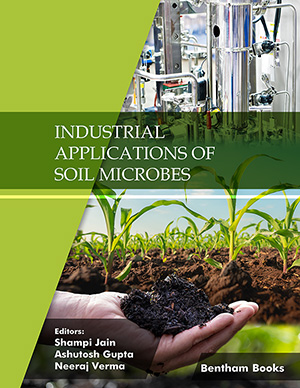Abstract
Contamination by various hazardous compounds released due to sea-related activities has received great concern about the pollution of the marine ecosystem. Nowadays, polycyclic aromatic hydrocarbons (PAHs) are immerging as critical pollutant with context to the marine environment due to some distinctive properties, which makes them persistent organic pollutants (POPs) posing threat to the environment. PAHs make their way in marine environment through various natural and anthropogenic sources. Marine microorganisms have reported to be leading candidates for PAHs degradation. Recent advancements in genomics, proteomics, and metabolomics technologies have gathered significant increment in the knowledge of ecology, physiology and regulatory mechanisms of microbial communities involved in PAHs remediation. Morden technologies will be a vital approach to reveal the mechanisms involved in the bioremediation of pollutants and will offer more insights as yet more uncultivable microbial diversity attached with pollutant degradation.
Keywords: Bioremediation, Marine Environment, Polycyclic Aromatic Hydrocarbons.






















